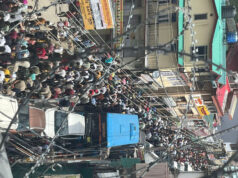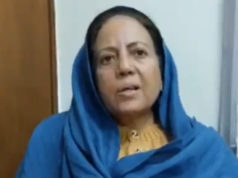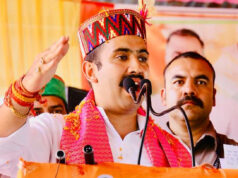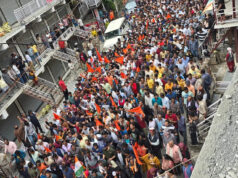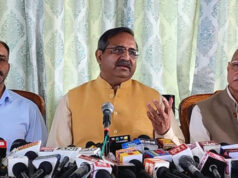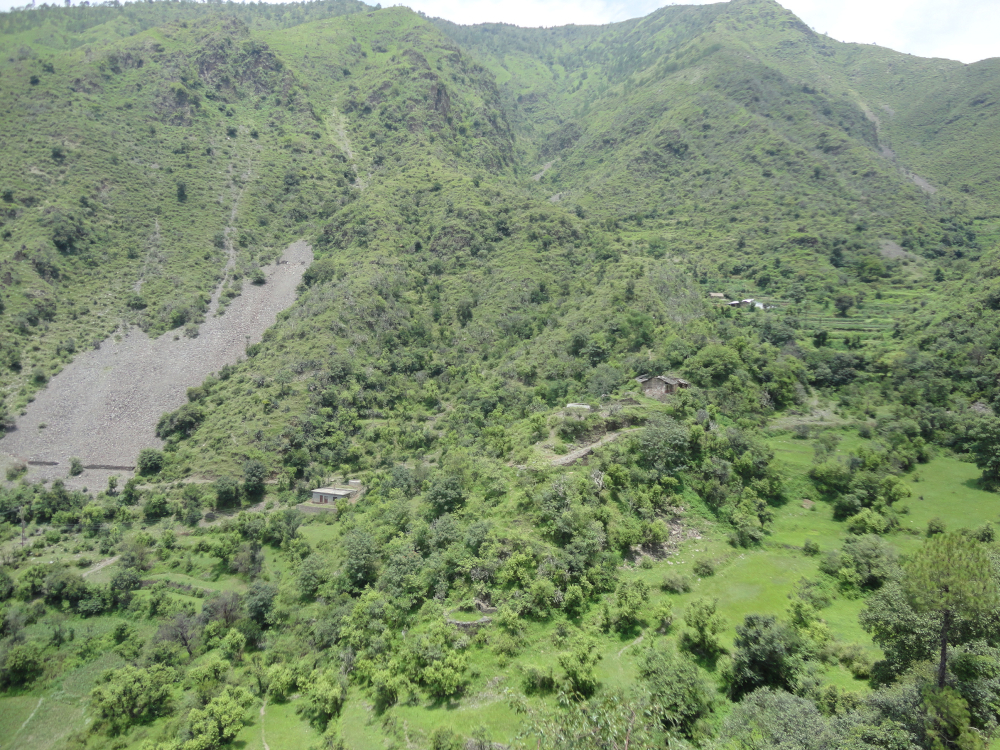Shimla district police have officially registered 19,462 migrant workers, though local sources suggest the actual number of non-local labourers in the region is significantly higher. The ongoing verification drive has highlighted gaps in tracking the transient workforce, sparking calls for a more comprehensive approach.
Among the registered workers, 6,532 are from Nepal, 5,559 from Uttar Pradesh, 2,831 from Bihar, 610 from Jharkhand, and 1,338 from Kashmir. An additional 2,592 workers from other states have also been verified. Domestic workers in the district total 521, including 172 from U.P., 80 from Nepal, and 24 from Kashmir. Despite these efforts, the transient nature of the workforce and lack of robust monitoring mechanisms have left many undocumented.
Migrant workers play a crucial role in Shimla’s economy, particularly in construction, hospitality, and domestic services. However, their increasing presence has raised concerns about security and integration. Law enforcement agencies have cited resource constraints and logistical challenges in ensuring accurate documentation of this workforce.
Shimla residents have urged the administration to improve the registration process by leveraging technology, enhancing collaboration between civic bodies and law enforcement, and increasing outreach to migrant workers. Such measures are seen as vital for addressing the dual challenges of economic dependency and social concerns.
The push for a thorough migrant worker registration system gained momentum after the illegal mosque protest in Sanjauli, Shimla. The protest amplified calls for stricter verification to address security concerns and ensure better management of the migrant population.



